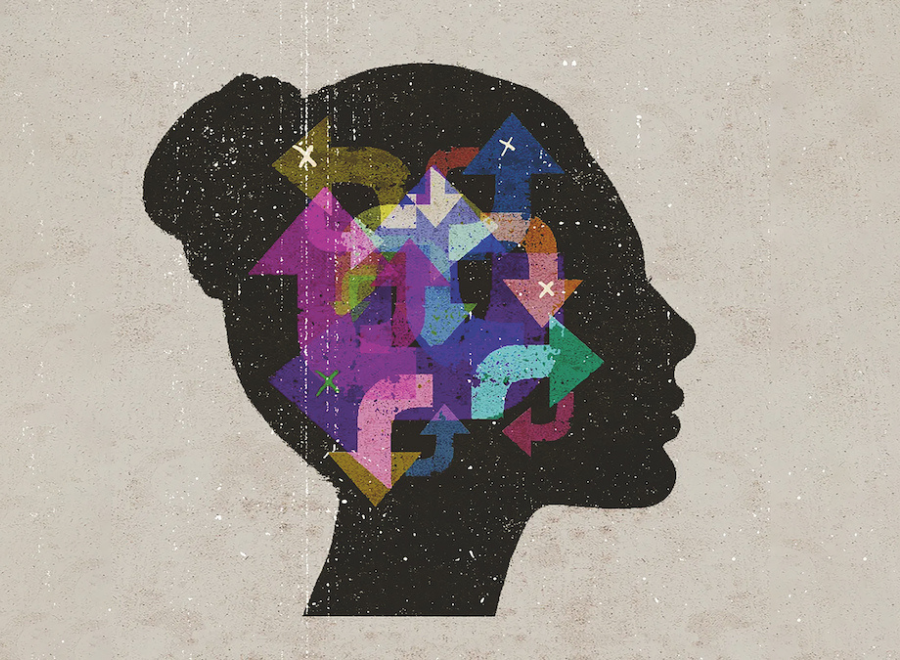I’ve never felt so bad about my borderline personality disorder diagnosis as I did during the Johnny Depp and Amber Heard defamation trial in 2022. Depp’s legal team used Heard’s alleged BPD diagnosis to position her as an abuser, leading to an internet response rife with misinformation and stigmatizing assessments of a disorder that rarely finds itself in the limelight. It might be tempting to see that time as a blip, but borderline personality disorder diagnoses tend to provoke more negative prejudice than mental illness in general, according to a 2023 study in the International Journal of Social Psychiatry.
Borderline personality disorder is characterized by a pattern of instability in relationships, poor self-image, intense emotions and impulsive behaviour, which cause significant suffering or functional impairments.
You may unsubscribe from any of our newsletters at any time.
Society is getting better at stripping away the stigma of mental illness — particularly around diagnoses like anxiety and depression.
More on Broadview:
But we’re still making bogeymen out of the “scarier” mental illnesses like borderline personality disorder. And by doing so, we perpetuate discrimination toward the one to three percent of the population that lives with BPD.
People with the disorder often internalize the stigma, and this can lead to a lower quality of life, reduced levels of hope, poor self-esteem and more severe symptoms. Studies have found health-care practitioners are more likely to distance themselves from people with borderline personality disorder, which makes accessing treatment that could reduce symptoms challenging.
Illnesses like depression and anxiety are relatable. The behaviours common to borderline personality disorder — like frantic efforts to avoid abandonment or a tendency to self-harm when extreme emotions arise — are messier. But less relatable symptoms shouldn’t give licence to discrimination.
Stigma surrounding borderline personality disorder started as soon as the disorder was introduced in 1938. The term “borderline” was used to describe people with mental illness who didn’t fit into existing diagnoses and didn’t respond to the prevailing treatment: psychoanalysis.
In effect, the disorder began as a wastebasket diagnosis.
The American Psychiatric Association notes that people with borderline personality disorder show up in mental health-care settings more than any other group of people with mental illness.
Our persistent presence, combined with historically limited treatment options, likely led to medical professionals’ frustration toward people with the disorder, and this bled into misinformation about the illness.
People with BPD are often described in research as “manipulative,” “difficult,” “undeserving of health-care resources” or “attention-seeking.”
These opinions influence media portrayals of the disorder and trickle down to the general pub-lic. A 2024 article published in Stigma and Health discovered a higher level of public stigma toward individuals with borderline personality disorder compared to those with bipolar disorder. This is due to the belief that individuals with BPD have more “control [over] their condition.”
These perceptions are myths. Borderline personality disorder severely impacts a person’s ability to regulate their emotions. This makes us less able to control our behaviour. It also makes us less able to manipulate others — an act that requires subtlety, which is not our strong suit.
Education is the best way to combat misinformation and stigma surrounding borderline personality disorder. Numerous studies have found that educational interventions improve health-care providers’ attitudes toward people with the illness. Maybe it’s time the rest of us educate ourselves too.
***
Miranda Newman is the bestselling author of Rough Magic: Living with Borderline Personality Disorder. She lives in Toronto.















All of the “stigma” is just people’s real world experiences. If you don’t want stigma, go to therapy and learn to behave like a healthy adult, instead of abusing others.